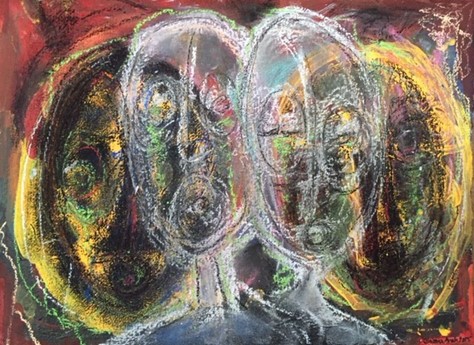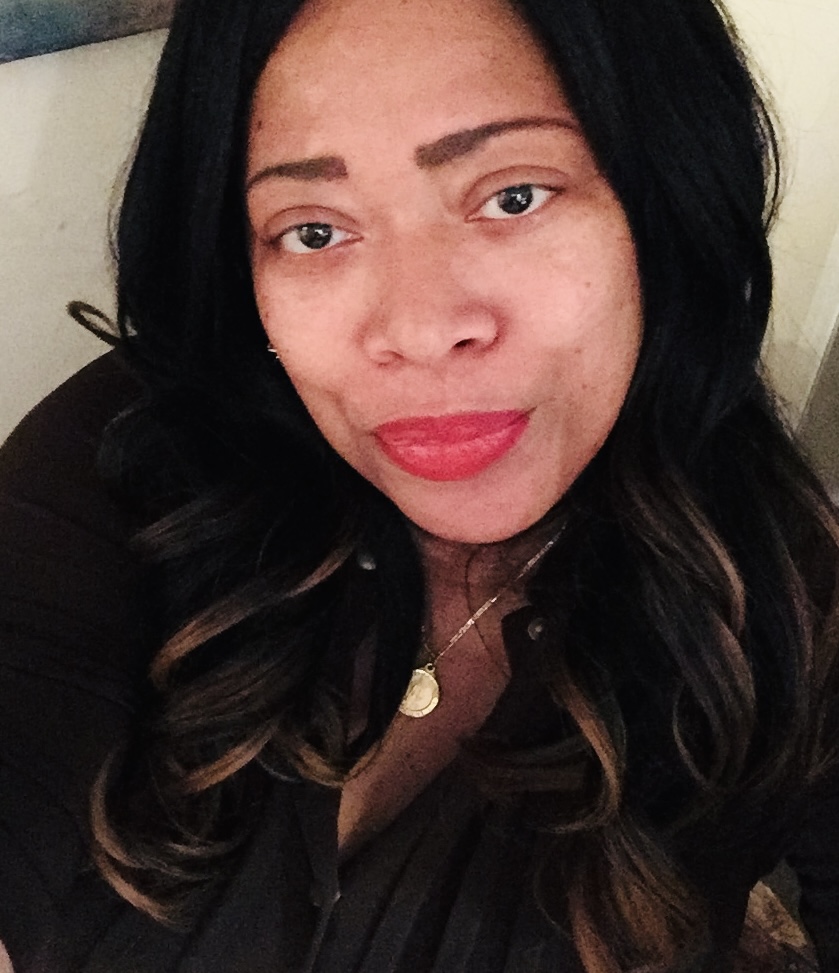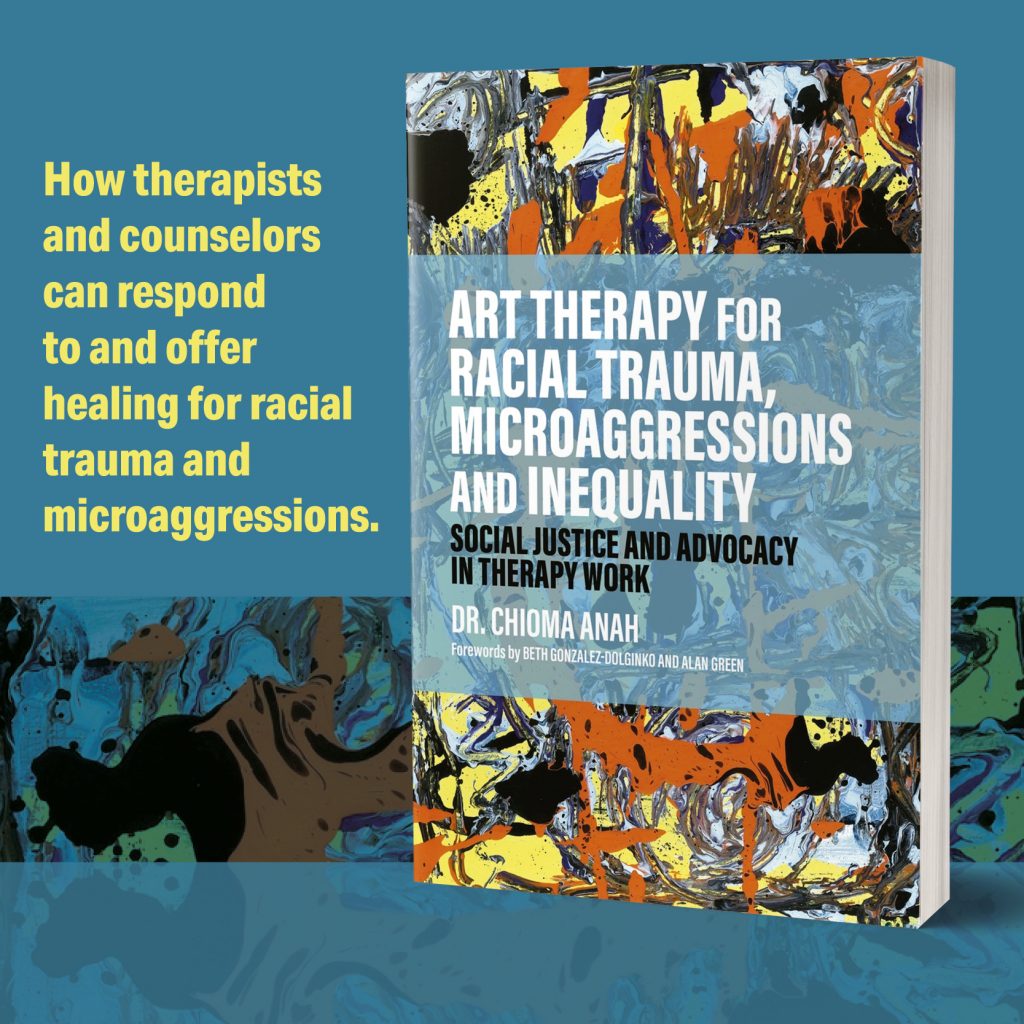Feb. 12, 2025
The American Art Therapy Association represents a diversity of professionals, students, and organizations across the nation. We recognize and celebrate the work of our members at all levels through our Featured Member series.
What inspires you most about your job right now?
I am answering this question, a week into February 2025, and by now we have all witnessed the cruel launch of assaults by the new administration’s executive orders and policies targeting key areas of immigration, DEI and federal workplace polices, gender ideology/LGBTQ+ rights, and federal financial assistance programs. It is hard, from my vantage point, to see anything that excites or inspires me about my job as a therapist or a professor since January 20, 2025. And I know I am not alone. I have spoken to many of my professional colleagues, and they are feeling the same way, and are at a loss for how to appropriately navigate this new normal that has left so much physical, mental and emotional destruction in its path. Holding space for my marginalized and minoritized clients who have directly been impacted by these policies has been challenging, to say the least. Just last week I spent many sessions consoling clients who were scared they would lose their Medicaid/Medicare insurance coverage and other health benefits, and students who were terrified for some members of their immigrant families.
However, today, I recognize the importance of leaning on my support systems and communities that provide me love and peace and digging deep from the well of my ancestors to find the extra strength to assist my clients. And, I have. I will continue to be accessible to my clients as a responsive art therapist and counselor, providing the care and tools needed for them to survive. I will continue to create a safe and supportive space for my clients to help them properly navigate these awful times. I will continue to validate and normalize their responses to their experiences, and most importantly, encourage strength and resilience, while also providing hope and tangible resources—Know Your Rights and Legal Aid. This support will continue, no matter what the future holds. I am grateful and humbled by the work I’ve been called to do, and the service I have been summoned to provide.
Resources:
https://iamerica.org/know-your-rights/
https://pflag.org/resource/executive-orders/
https://www.mdlab.org/contact-us/
Has working with a particular client group shaped your professional focus or specialty? What have you learned from working with these clients?
“Ten years ago, questions about race and diversity were not even encouraged in art therapy conversations, or were spoken in whispers in corners, and I hope we never go back to that. I hope we stand firm in our inclusion of diversity and equity in our training’s, textbooks, articles, conferences, and practice. As art therapists, we must be more than allies— we need to be ‘co-conspirators’ and ‘accomplices’ to refute oppression and injustices, and advocate to protect our most vulnerable and racially/ethnically targeted communities around us today.”
— Dr. Chioma Anah, Ed.D., ATR, NCC, LCPC, Board-Approved Supervisor, ACS

“Invisibility”
2015
Pastel/Chalk on Paper, 14″ x 11″
Currently Figure 3.4 in Book: Art Therapy for Racial Trauma, Microaggressions & Inequality: Social Justice and Advocacy in Therapy Work (2024) by Dr. Chioma Anah
Artist’s Statement:
How have race, diversity, and/or social justice impacted your work as an art therapist?
What advice would you give someone interested in pursuing a career in art therapy?
I would say, go for it! It is one of the most powerful and rewarding careers you could choose. There is so much power, both spiritual and therapeutic, in art making, and I have witnessed its miracle and healing qualities in my own life and the lives of my clients. I would say to anyone who is interested in pursuing a career in art therapy, to honor and pay reverence to the process, and the power it wields in facilitating change in the lives of your clients. I would say, don’t forget to pay attention to what is going on in the world and how it is affecting your clients. I would also say, don’t forget to take care of yourself and access your support systems and communities that offer you love and peace during challenging times.
I would lastly say, get a copy of my book to help navigate your interest in pursuing a career in art therapy, it will be a great guide through your journey.
What are your hopes for the future of the art therapy profession?
How did you get involved with AATA and what keeps you excited about the AATA community?
I am an AATA Member Author of the book Art Therapy for Racial Trauma, Microaggressions, and Inequality: Social Justice and Advocacy in Therapy Work (2024) and a 4x Conference Presenter: 2015 (twice); 2016; 2018.
About Dr. Chioma Anah, Ed.D., ATR, NCC, LCPC, Board-Approved Supervisor, ACS

Chioma Anah, Ed.D., ATR, LCPC (Board Approved Supervisor), NCC, ACS, holds a Doctorate in Education (EdD) in Counseling Psychology, is a Registered Art Therapist (ATR), a National Certified Counselor (NCC), a Licensed Clinical Professional Counselor (LCPC-Maryland), an Approved Clinical Supervisor (ACS), and a Board-Approved Supervisor in the state of Maryland. Dr. Anah is the Author of: Art Therapy for Racial Trauma, Microaggressions and inequality: Social Justice and Advocacy in Therapy Work, published in 2024 by Jessica kingsley Publishers. Dr. Anah is the Founder & CEO of PerceptA Therapeutic & Training Center, LLC located in Maryland, USA. She has over 20 years of counseling and art therapy experience, specifically using art with clients as part of a healing approach and intervention to treat cultural & racial oppression, and daily racial microaggressions. Dr. Anah’s interests and research agenda primarily focuses on social justice & advocacy, racial microaggressions, the psychology of anti-Black racism, African American mental health disparities, the intersection of art and social justice, and art and creativity as tools for healing. Dr. Anah is a Founding Member, first President (2018-2019), and Executive Director (2019-present) of Maryland Counselors for Social Justice (MCSJ). She is a professor at the Johns Hopkins University School of Education in Baltimore, Maryland.
Dr. Anah’s book Art Therapy for Racial Trauma, Microaggressions and Inequality is available for purchase on the AATA Bookstore.
You can learn more about Dr. Chioma Anah on her website: perceptatherapeutic.com or her Instagram @DrChiomaAnah.

